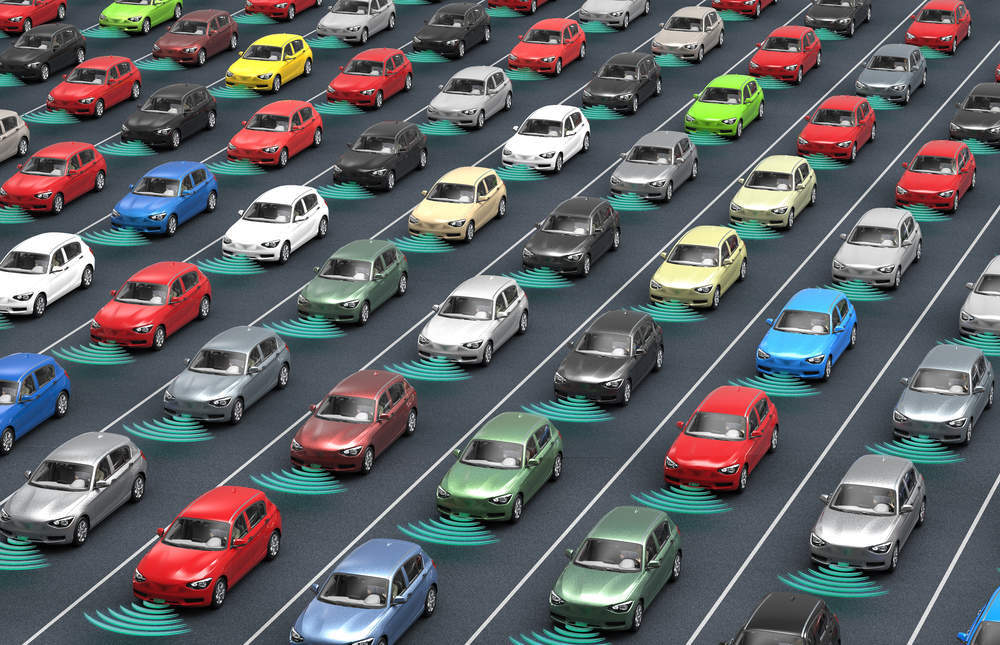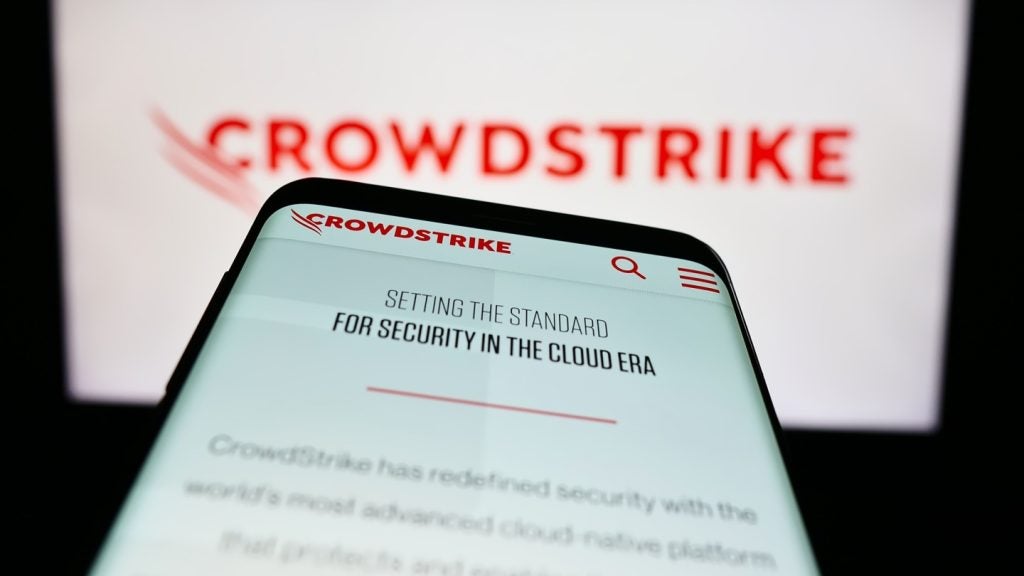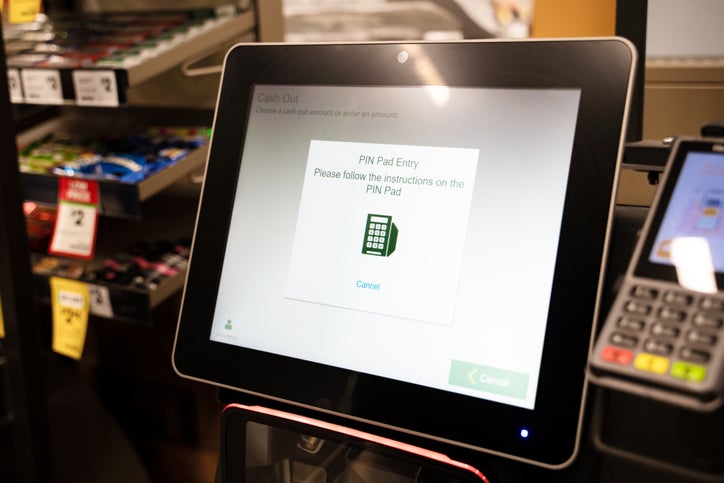The UK’s largest trial of self-driving and connected cars has taken to public roads for the first time.
The government-backed UK Autodrive project began in Coventry this month using cars made by Ford, Jaguar Land Rover and Tata Motors.
The three car companies will run collaborative trials in the city testing the likes of emergency vehicle warnings and intersection collision warnings using vehicle-to-vehicle and vehicle-to-infrastructure communication.
Self-driving cars usually act on data collected from their own sensors but cooperative trials — while less common — are important for improving autonomous vehicle safety.
The likes of Tesla, Google‘s Waymo, and Uber generally have not been known to play well together, making collaborative trials tricky.
But self-driving developments are now motoring along at a frenetic pace, leaving governments struggling to keep up and their prospects less ambitious.
How well do you really know your competitors?
Access the most comprehensive Company Profiles on the market, powered by GlobalData. Save hours of research. Gain competitive edge.

Thank you!
Your download email will arrive shortly
Not ready to buy yet? Download a free sample
We are confident about the unique quality of our Company Profiles. However, we want you to make the most beneficial decision for your business, so we offer a free sample that you can download by submitting the below form
By GlobalDataThe failure to develop car autonomy along with collaborative trials has already pushed back the self-driving car revolution, along with all the benefits to safety and efficiency it’s expected to bring.
This is readily apparent in the case of UK Autodrive.
The project’s £19.2m funding over three years is far less than the billions of dollars being spent — by both US tech giants and the established car industry — on developing autonomous systems.
The project will result primarily in a number of research papers covering the deployment of automated vehicles but direct commercial or business benefits will be minimal.
Technology is outpacing regulation
But budgets and outcomes are only part of the problem for government-backed collaborative initiatives.
US president Donald Trump’s administration looks ready to set aside plans proposed by the previous Obama administration that would have mandated vehicle-to-vehicle communication in all new cars and smaller trucks in the US within four years.
The reasons for the decision are at least partly down to the Trump administration’s well known anti-regulation and pro competition stances.
But there is also a growing groundswell of opinion that the technology chosen as the basis of the proposed mandate — known as DSRC — may now be insufficient for the interconnected, fully autonomous future many envisage.
DSRC has been in development for over 10 years but now faces a direct challenge from a better technology based on mobile network standards and DSRC is now widely deemed to be unfit for purpose.
The commercial reality
Governments need to allow the tech and car industry to move with developing technology and focus on real-world problem solving (especially standardisation of the data transmitted between vehicles and infrastructure) and in line with the commercial reality of self-driving cars.
But without collaborative systems autonomous vehicles could remain science fiction rather than science fact.








Related Company Profiles
Waymo LLC
Google LLC